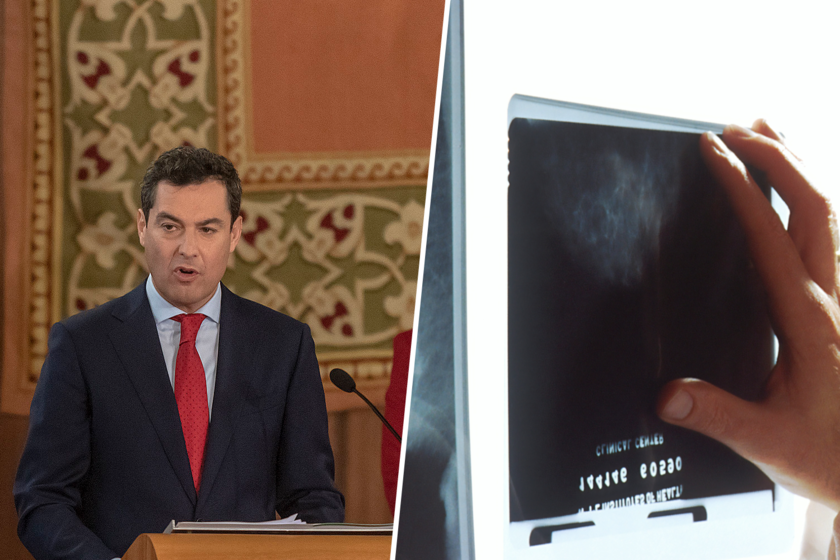On October 17, 2023, Jesús Fernández-Villaverde (the professor of economics at the University of Pennsylvania) gave an interview in El Mundo with a very simple headline “it shows: (in Spain) everything works badly.”
Everyone thought it was exaggerated, sensationalist. But then came DANA (and its management), the April blackout, the repeated failure of Redsys and the payment system, the chaos of the fires and, finally, the Andalusian mammography scandal.
What began as an (apparently) isolated complaint has become a deep institutional crisis for Andalusian healthcare. But the problem goes much further, the request for data from the Ministry of Health to the rest of the communities has revealed that Spain has a huge problem with all this, that in fact in Spain more and more things are working poorly.
The mammography crisis. Although the first complaints surfaced at the beginning of 2024 and the associations of affected women met with the Board during the summer, until the first cases reached the media, the Ministry of Health did not recognize that more than 2,000 women might not have been informed of a doubtful injury after a screening.
What came next was chaos: after limiting the problem to a single Hospital, they were forced to recognize a widespread problem and implement a “shock plan” that no one knows very well how it will be implemented.
And, in the midst of this commotion, the Ministry of Health asked the communities for data to know how screening was working throughout the country. Many of them have refused (although not all). The prosecution has taken action on the matter.
The underlying problem. Because, honestly, we run the risk of thinking that all this is nothing more than another political battle: a partisan scuffle that, this time, has acquired the format of a health controversy. The clearest example is that the PP Health Ministers have just left the Interterritorial Health Council en bloc; while the Ministry accuses the communities of “hiding” the screening data because it is “bad” and shows their “incompetence.” But not.
It is enough to analyze the data of any community to see that the underlying problem is that healthcare is increasingly having problems addressing the care burden it has on it. The case of Madrid is paradigmatic because, although the protocols are well designed on paper, “in most public centers the lists and the average waiting time grow” year after year. We can see similar problems throughout the country.
How deep is this crisis? That is surely the worst of all: that we still cannot know how deep the problem is because the opacity of the Spanish institutional framework is enormous.
It is true that this is not exclusively a Spanish problem: we still remember the confidence with which Western public health systems would be able to detect COVID and block it before it reached their respective populations. Shortly after, the outbreak in Italy broke out.
What we don’t know is costing us our health. Civio has been investigating for years how primary care is drowning, how public psychological care is almost a chimera, how dozens of health services depend on where you live and how, little by little, health is falling into the hands of private interests.
But even that doesn’t explain the problem we are in. Because the central issue is that we don’t even know how we are. We also don’t know where we are going. And that is the worst of all: it removes the very possibility of us taking the reins and coming up with solutions.
Image | Junta of Andalusia | NCI
In WorldOfSoftware | Predicting breast cancer five years before it appears, possible thanks to artificial intelligence











